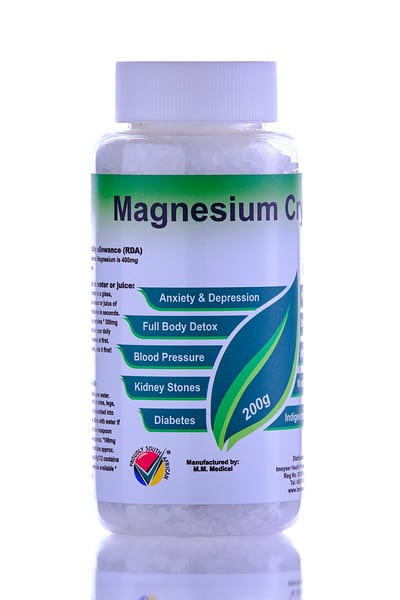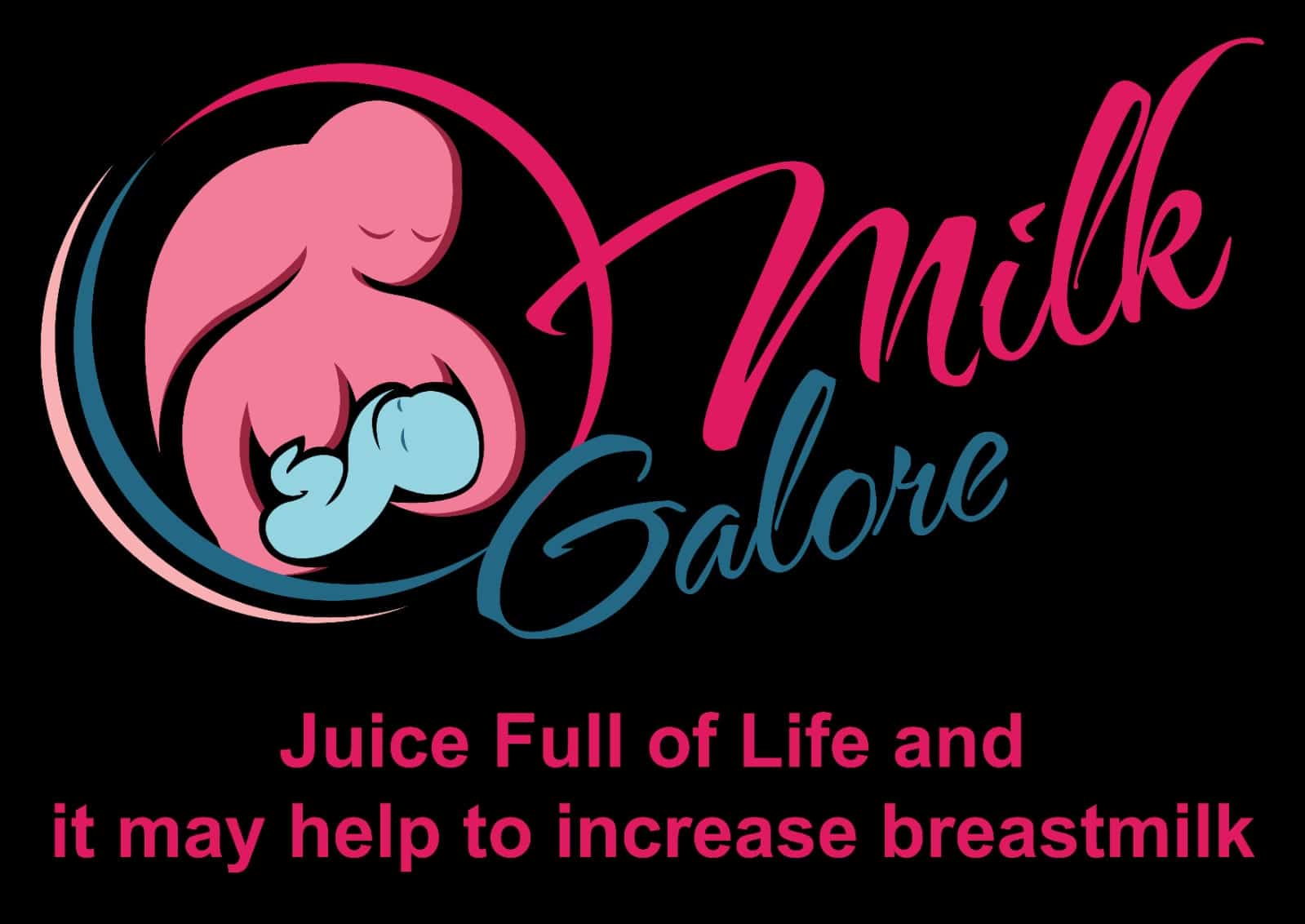There is a large and rapidly growing body of literature on the importance of magnesium in biochemical and physiological processes. There is also much evidence that magnesium deficiency, alone and in combination with agents that interfere with its utilization, is associated with functional and structural abnormalities of membranes, cells, organs, and systems.
Among the conditions that increase the risk of magnesium deficiency are:
(1) metabolic factors that affect the absorption, distribution, and excretion of this mineral;
(2) disease and therapy;
(3) physiologic states that increase requirements for nutrients; and
(4) nutritional imbalances. Excesses of nutrients that interfere with the absorption or increase the excretion of magnesium-such as fat, phosphate, sugar, and vitamin D-can contribute to long-lasting relative magnesium deficiency.
The human body is known to be a highly sophisticated machine; however, it does not produce all the vitamins and minerals essential for our health. These elements that are not produced by the body, can be obtained from external sources such as food and water.
Magnesium deficiency leads to an increase in myocardial levels of both sodium and calcium. This is a problem because Coronary Artery calcium is a predictor of near-term coronary heart disease events. In the face of growing magnesium deficiencies calcium becomes increasingly more toxic to human physiology.
Magnesium is an all-important mineral with plenty of additional benefits for your system too; it helps maintain normal muscle and nerve function, keeps heart rhythms steady.
Magnesium also helps regulate blood sugar levels, promotes normal blood pressure, and is involved in energy metabolism and protein synthesis.
Magnesium deficiency has been linked with many health conditions; among them diabetes, asthma, allergies, arthritis, kidney stones, migraines immune system and keeps bones strong.
Health Benefits & Unique Selling Advantage
-
Of the Imsyser Magnesium Range
- All-Natural Dead Sea Source; 21 minerals including Calcium, Sulphur, Bromide, Iodine, Sodium, Zinc and Potassium.
- Helps all metabolic systems
- Helps with myocardial levels of both sodium and calcium; keeps heart rhythms steady.
- Helps with calcium balances
- Helps maintain normal muscle and nerve function
- Helps regulate blood sugar levels
- Helps normal blood pressure
- Magnesium is involved in energy metabolism and protein synthesis.
- Helps with Diabetes, Asthma, Allergies, Arthritis, Kidney stones, Migraines
- Magnesium Supports Immune System
- Magnesium helps keep bones strong.
- Magnesium helps with Anxiety and Panic Attacks – keeps adrenal stress under control.
- Magnesium keeps heart rhythms
- Magnesium helps with Asthma – controls histamine production and bronchial spasms.
- Magnesium helps with Blood clots – prevents clots and keeps blood thin.
- Magnesium Bowel disease – prevents constipation which prevents toxicity and mal-absorption of nutrients.
- Magnesium with Cystitis – controls bladder spasms.
- Magnesium helps with Depression – Serotonin needs magnesium.
- Magnesium helps with Detoxification – helps remove toxic waste and heavy metals.
- Magnesium Helps with Diabetes – enhances insulin secretion facilitating sugar metabolism. Without magnesium insulin cannot transfer glucose into cells.
- Magnesium helps with Fatigue – poorly functioning enzyme systems are dependent on magnesium.
- Magnesium helps with Heart Disease – not only is magnesium used in cases of heart attacks/angina in hospitals but needed for heart health.
- Magnesium helps with Hypertension – prevents spasms of blood vessels & clotting and lowers cholesterol.
- Magnesium helps with Hypo-glycaemia – magnesium keeps insulin under control
- Magnesium helps with Insomnia – sleep regulating Melatonin production is disturbed without magnesium
- Magnesium helps with Kidney disease – magnesium deficiency contributes to kidney failure.
- Magnesium helps with Migraines – serotonin balance restores headaches and depression.
- Magnesium helps with Muscular-skeletal conditions – Fibrositis, Fibromyalgia, spasms, eye twitches, cramps and chronic neck and back pain is relieved with Magnesium supplementation.
- Magnesium helps with Nerve problems – magnesium alleviates all spasms from calf, foot, toes to gastrointestinal spams and migraines.
- Magnesium helps with Gynaecology – prevents PMS, dysmenorrhea cramping, infertility, premature contractions and pre-eclampsia.
- Magnesium helps with Osteoporosis – Both Calcium vit. D without Magnesium leads to bone loss.
- Magnesium helps with Tooth Decay – magnesium deficiencies cause unhealthy phosphorous and Calcium levels in saliva affecting tooth decay.

































































































